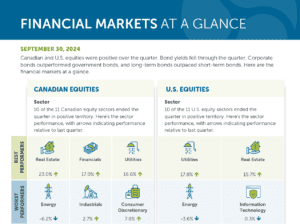Ford eliminates end-of-lease purchase option for EVs

Ford appears to have designated June as the month for realigning customer rights. A few days ago came word that dealers would be able to insert language into sales contract for the F-150 Lightning prohibiting buyers from selling the electric pickup for one year after purchase. Dealers wouldn’t need to do this, but they could. Over on the leasing side, Cars Direct discovered a letter Ford sent to dealers eliminating the end-of-lease purchase option for the F-150 Lightning, Mustang Mach-E, and E-Transit van. In the plainest language possible, Ford’s new prohibition tells lessees, “you do not have the option to purchase the Vehicle at the end of the lease term.” The change took effect on June 15 in 37 states and will be enacted in the remaining 14 states plus the District of Columbia by the last quarter of this year.
The automaker presents the change as a step toward its pledge of carbon neutrality by 2050 and an industry-wide effort to lower the MSRPs of EVs. The letter explained to dealers, “The purchase of the BEV Lease is to aid in our goal of delivering carbon neutrality by 2050 by controlling the vehicle battery through its life, keeping it in the Ford network,” and, “Ford Motor Company is committed to making Battery Electric Vehicles (BEVs) more sustainable and affordable for our customers by localizing the complex battery supply chain network, creating recycling options for end-of-life vehicles, and increasing U.S. battery production.”
Call us cynical, but these seem like rationales conjured to mask the real rationale when the leasing change inevitably went public. Ford isn’t the only manufacturer to restrict lease options. Last year, GM and Honda began mandating that if lessees wanted to sell their vehicles, they had to sell them back to the automaker at the price in the lease contract, and this year, Tesla killed its buyout option in April. The only green justifications any of those automakers provided had to do with greenbacks and the Excel spreadsheet logo for the software CFOs use to keep track of said greenbacks.
Dealers and automakers have been watching consumers take home bundles of cash thanks to residual values established, in some cases, well before anyone had heard the word “Covid.” On top of that, dealers are watching potential inventory go to the highest bidder at the same time they’re struggling to get units for sale parked in front. By eliminating the end-of-lease purchase option, two birds get felled with one stone. If dealers and the inventory situation show positive returns from the move, we won’t be surprised if more models are included in the prohibition.






